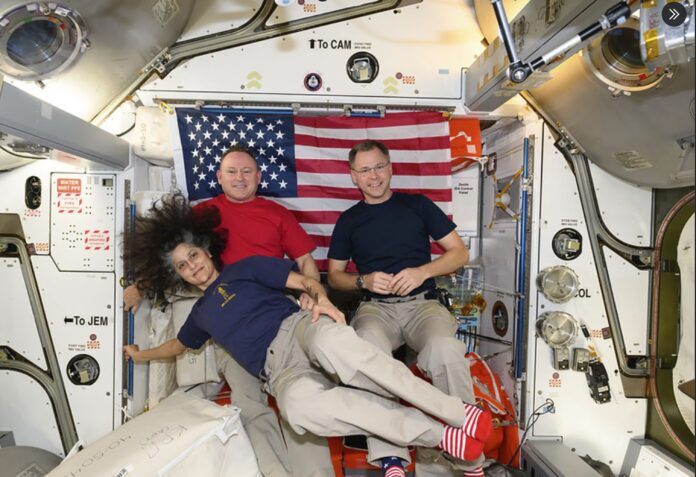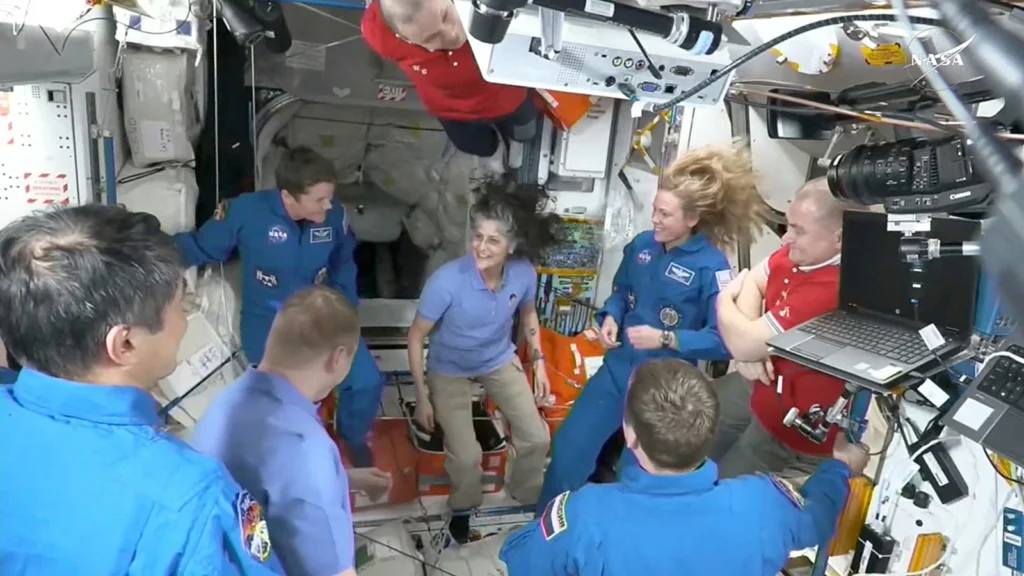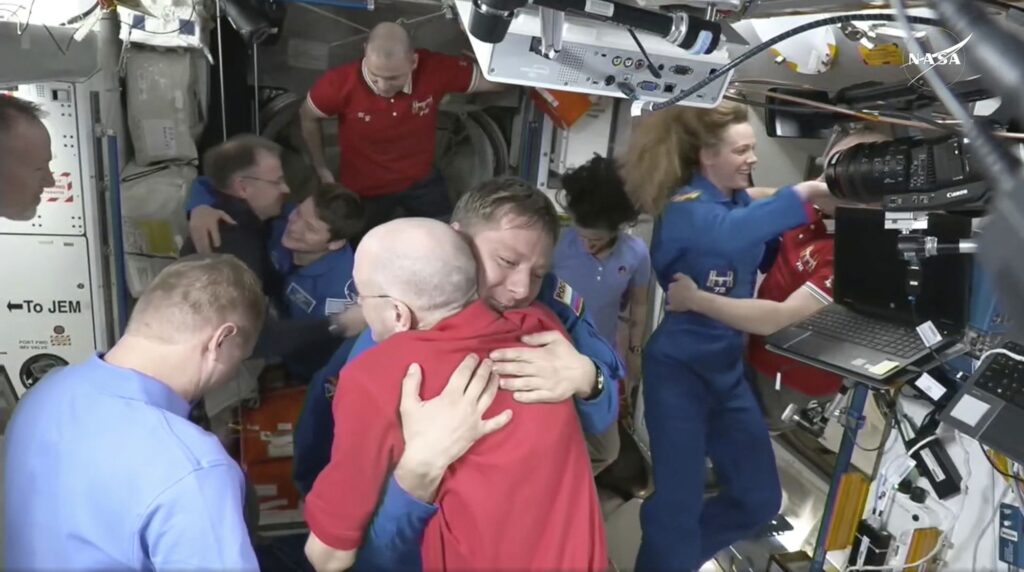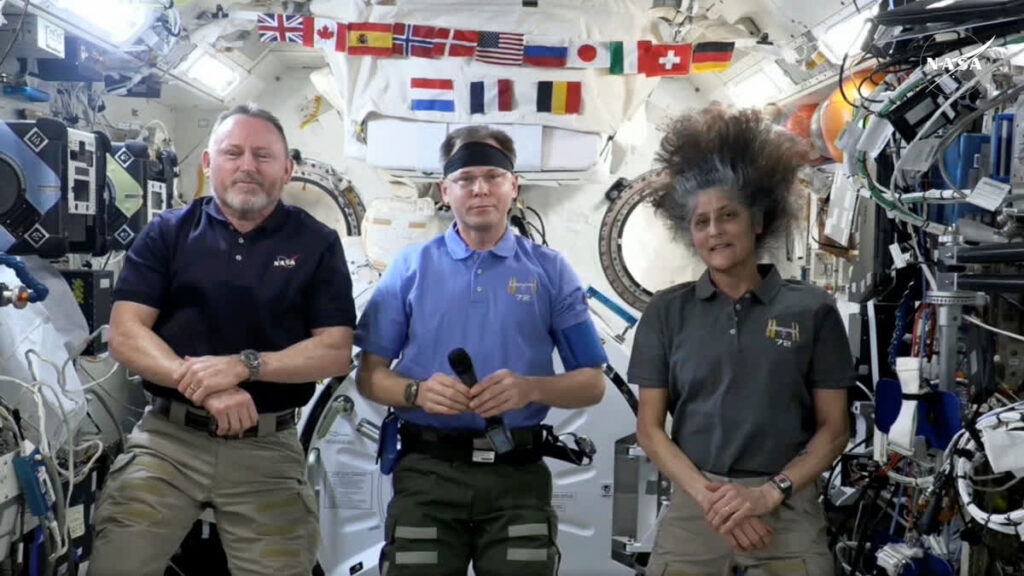
Following an extended stay in space, NASA astronauts Sunita “Suni” Williams and Barry “Butch” Wilmore are now preparing for their long-awaited journey back to Earth. A SpaceX capsule docked with the International Space Station (ISS) early this morning (March 16), paving the way for the duo’s long-awaited journey home.
A Much Longer Stay Than Expected

Williams and Wilmore originally planned to spend only a few days aboard the ISS last year. However, technical issues with their return capsule left them stranded in orbit far longer than anticipated. Though they have remained in good health, both astronauts have acknowledged the physical toll of an extended stay in microgravity.
NASA’s dedicated flight surgeons have been monitoring their condition, ensuring they stay as fit as possible. Still, upon their return, they’ll undergo rehabilitation to readjust to Earth’s gravity. Extended time in space can weaken bone density and reduce muscle mass, so recovery will take time.
The Journey Home

With the recent arrival of the SpaceX Crew-10 mission, four new astronauts have joined the ISS crew, freeing up space for Williams and Wilmore to depart. Alongside fellow NASA astronaut Nick Hague and Russian cosmonaut Aleksandr Gorbunov, they are scheduled to leave the station on March 19—barring any further technical hiccups.
Keeping Busy in Space

Despite the unexpected extension, Wilmore and Williams have made the most of their time in orbit. They’ve been actively contributing to scientific experiments, demonstrating the adaptability and resilience required in human spaceflight. In their downtime, they’ve even kept the station’s lighthearted traditions alive—reportedly using an alien mask to prank new arrivals!
No Overtime, But Plenty of Experience
Surprisingly, the astronauts won’t be receiving any overtime pay for their extended mission. As retired NASA astronaut Cady Coleman explained, they’ll only receive a small stipend for incidentals, but otherwise, their pay remains unchanged—just another day on the job for space explorers.
Reflecting on the experience, Williams noted that while they were prepared for any scenario, the situation was harder on their families than on them. “They’ve likely experienced more ups and downs than we have,” she remarked.

Though this mission didn’t go as planned, Williams and Wilmore took it all in stride. “That’s what we do in human spaceflight,” she said. “We plan for the unexpected.”
Now, after months in space, their journey home is finally on the horizon. With just days left before their return, they’re ready to swap weightlessness for solid ground once again.






